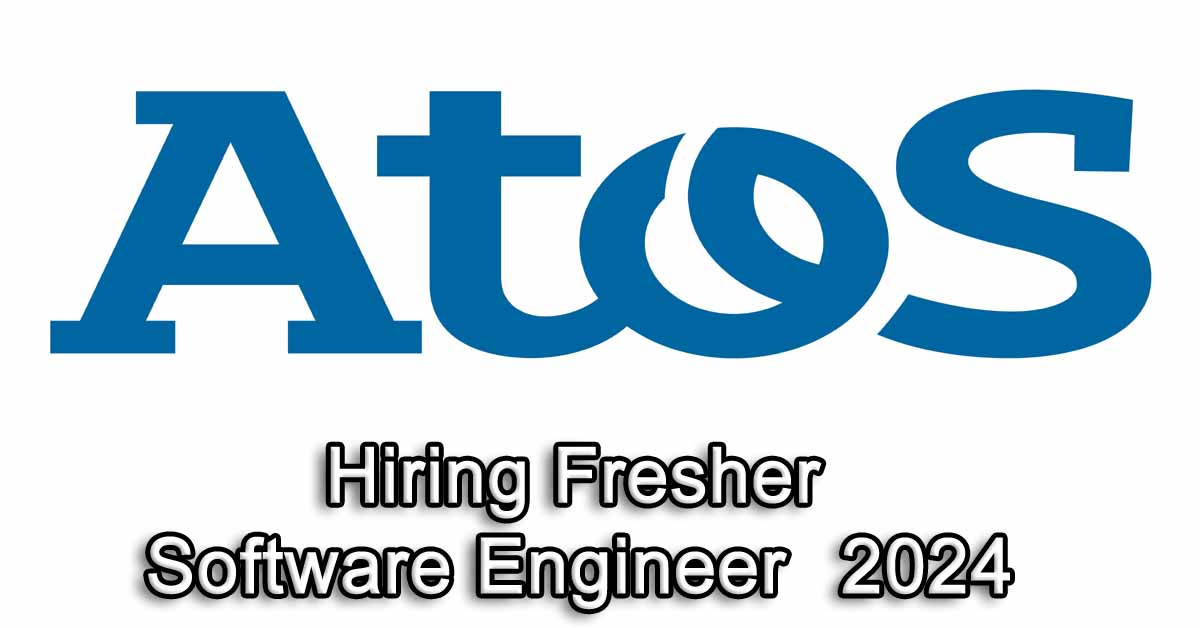TCS Fresher Hiring NQT 2024 for Graduate Engineer
TCS Fresher Hiring NQT 2024 ,TCS jobs for bca freshers,TCS Jobs for Freshers 2023,TCS jobs,it jobs vacancy,freshersworld,jobsforu,freshershunt. TCS Mass Hiring * Role: Engineering * Salary: 3.5-7.9LPA(Expected) * Location: PAN India * Experience: Freshers(0-1Year) * Education BE CS/IT/All Branch * Batch Recent-Batch TCS Fresher Hiring NQT 2024 For Graduate Engineer. TCS Fresher Hiring NQT 2024 ,TCS … Read more









